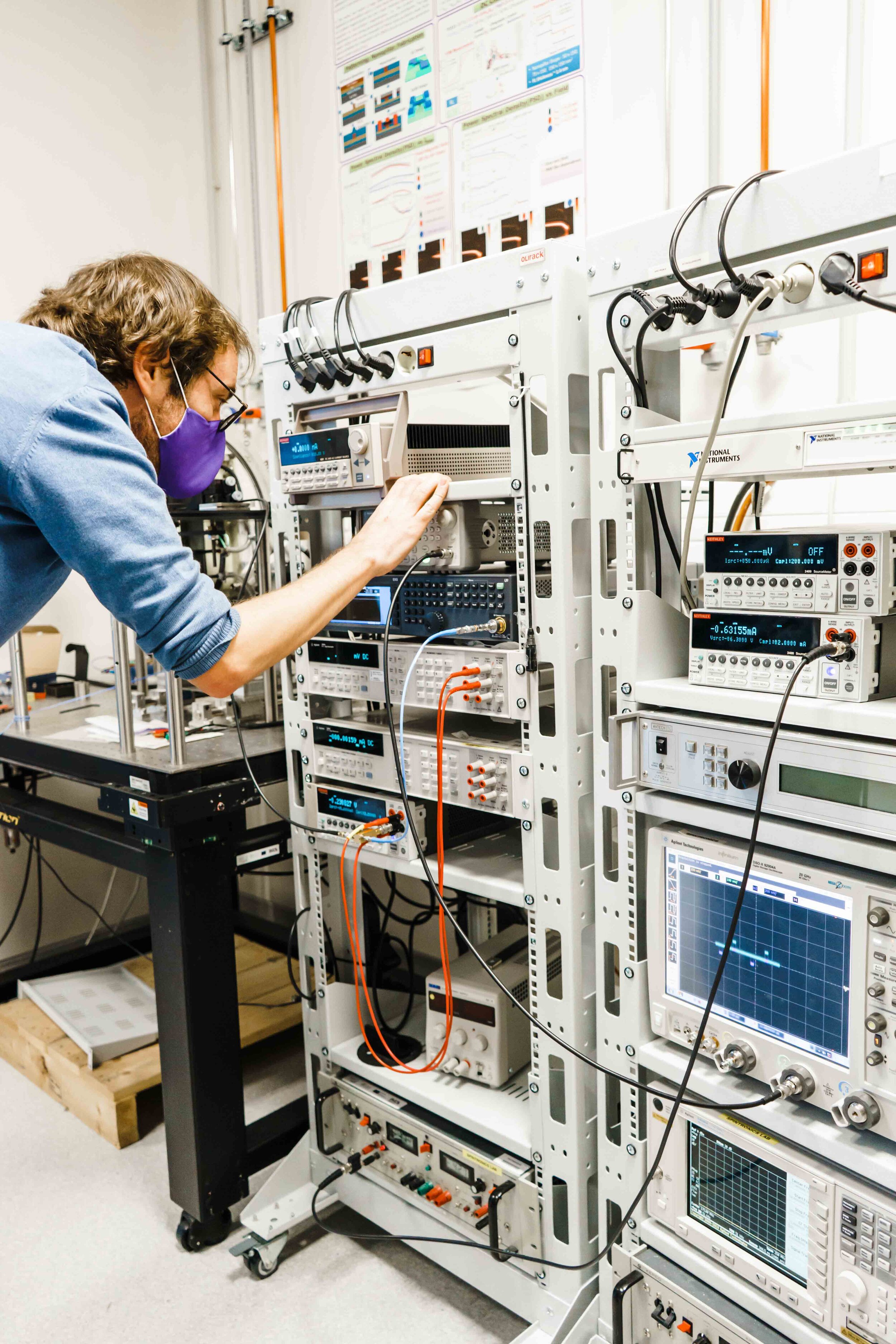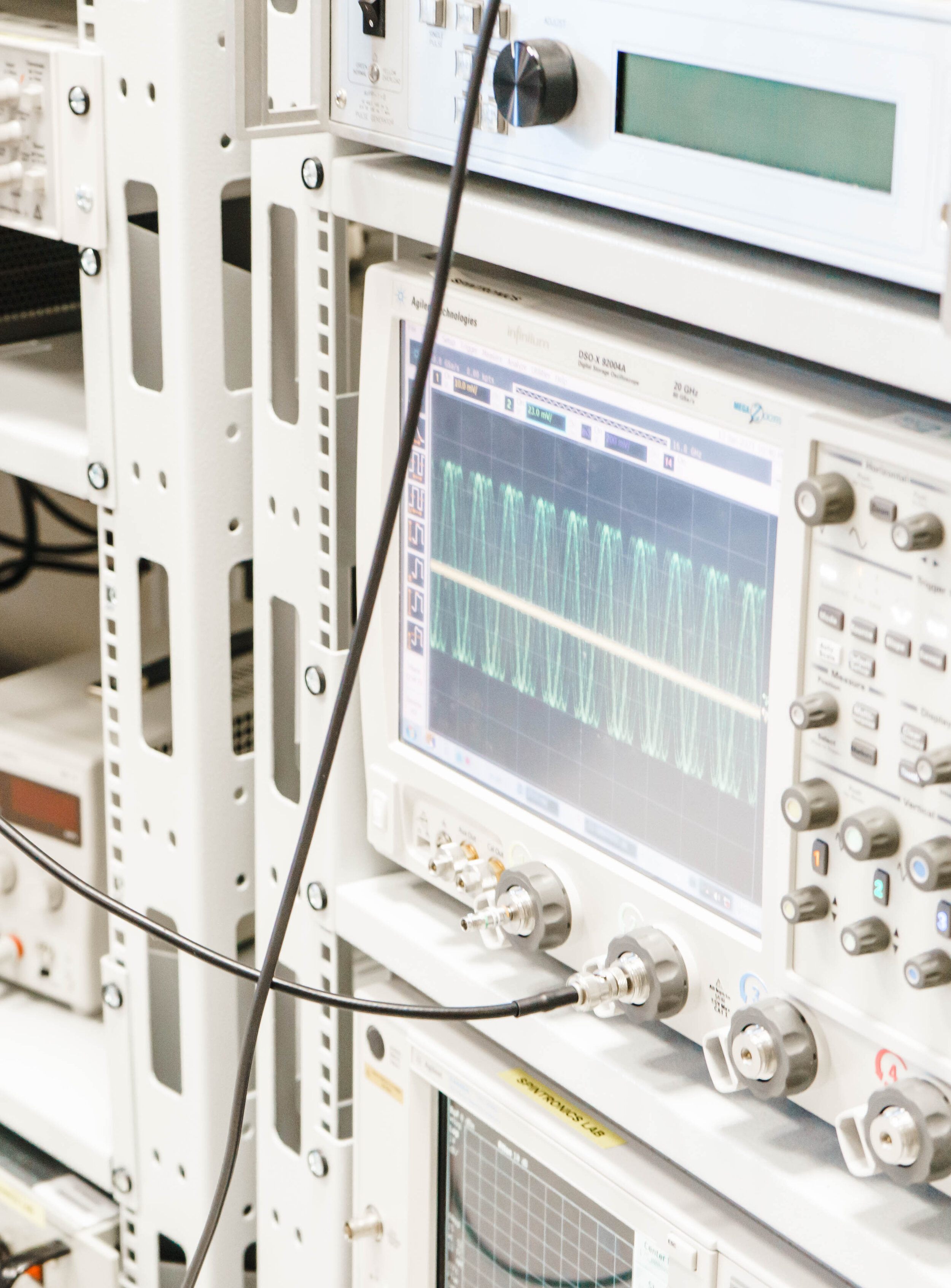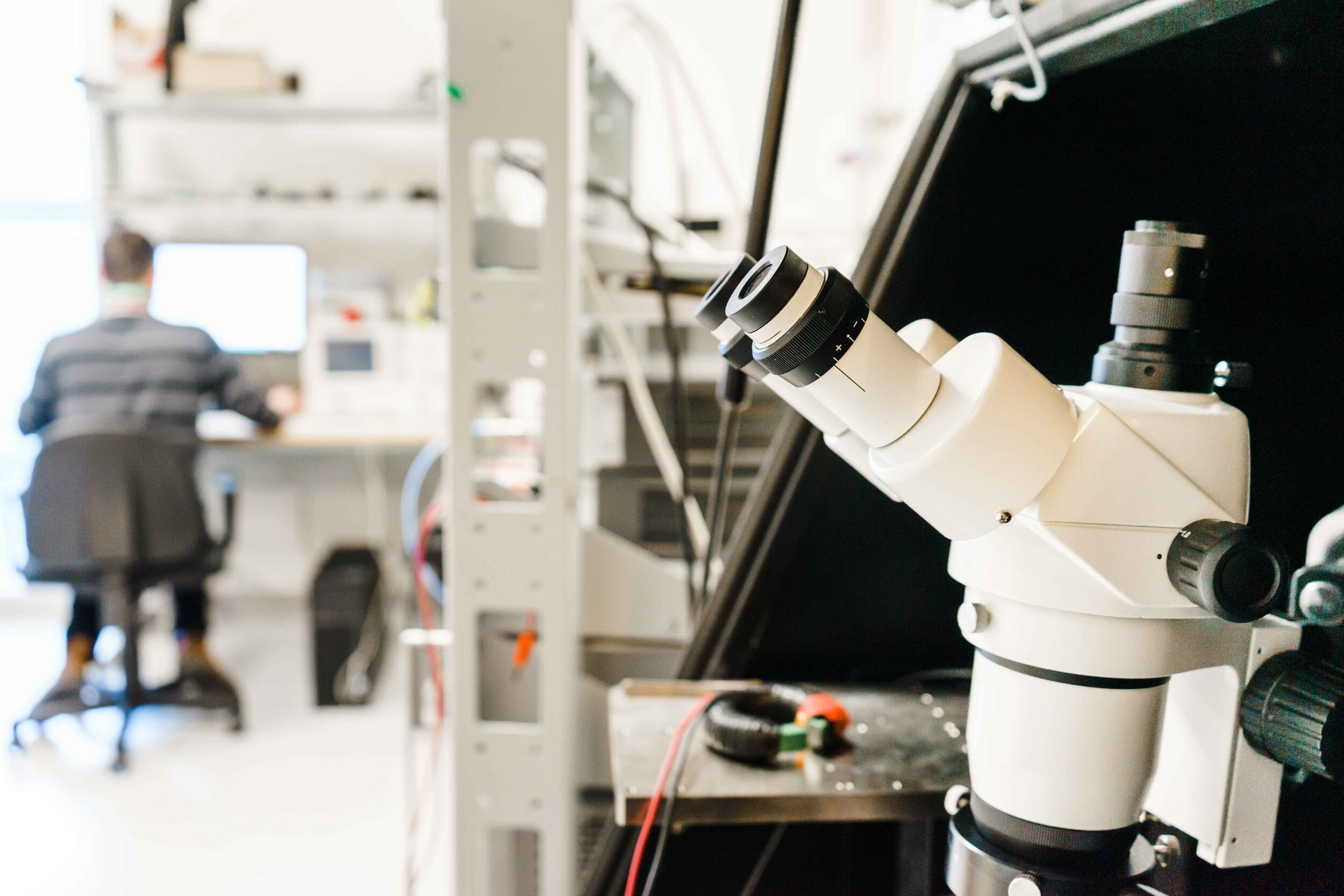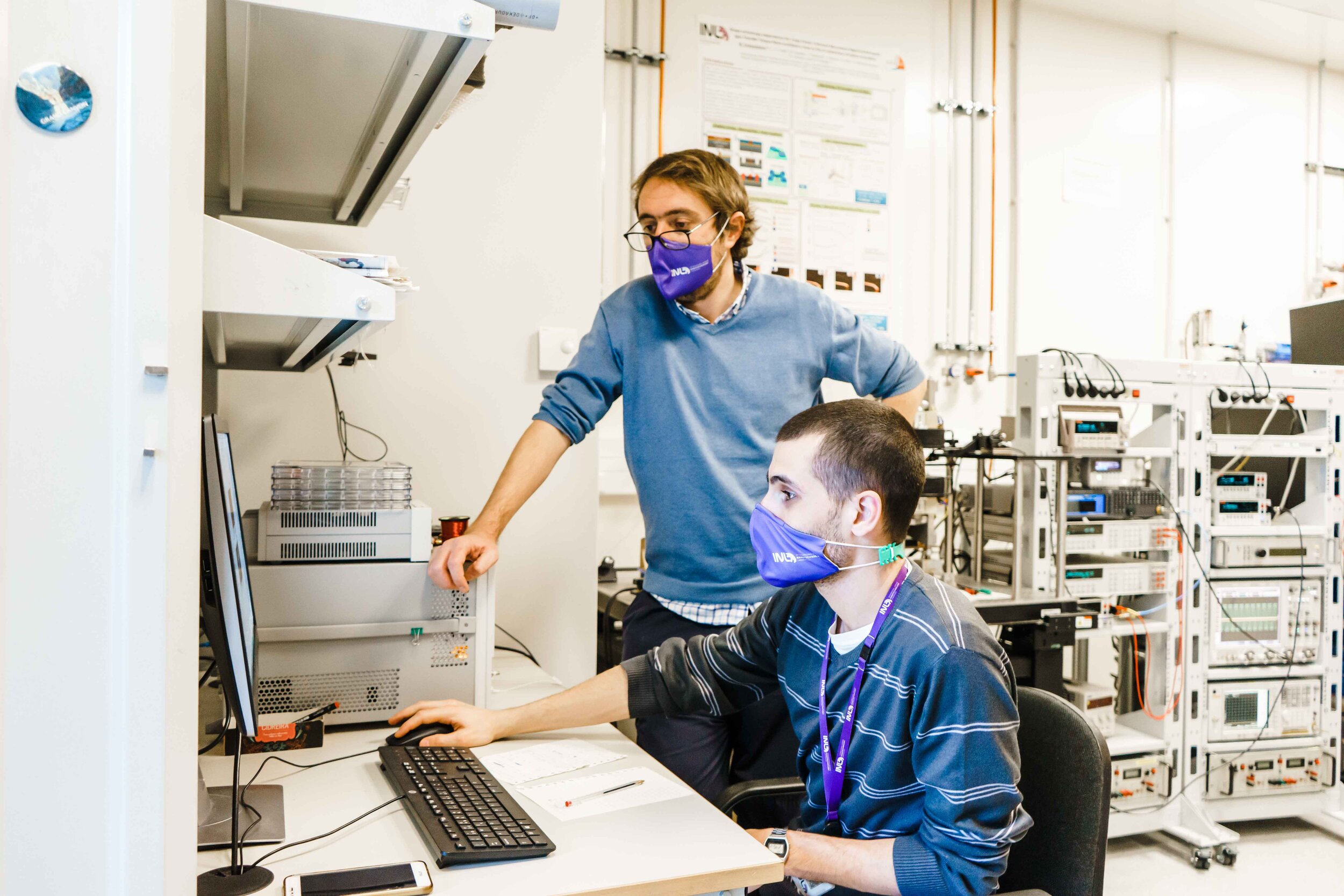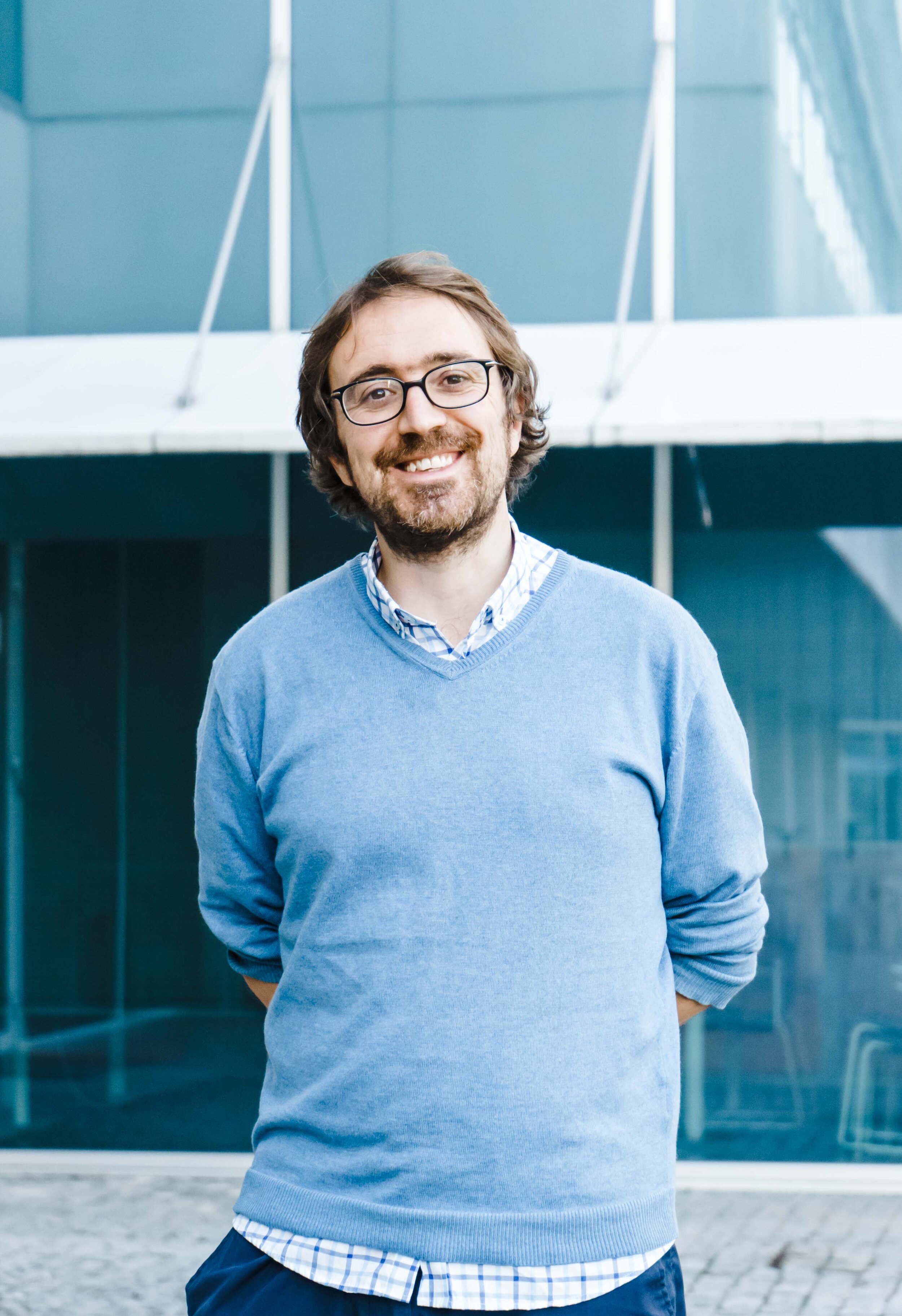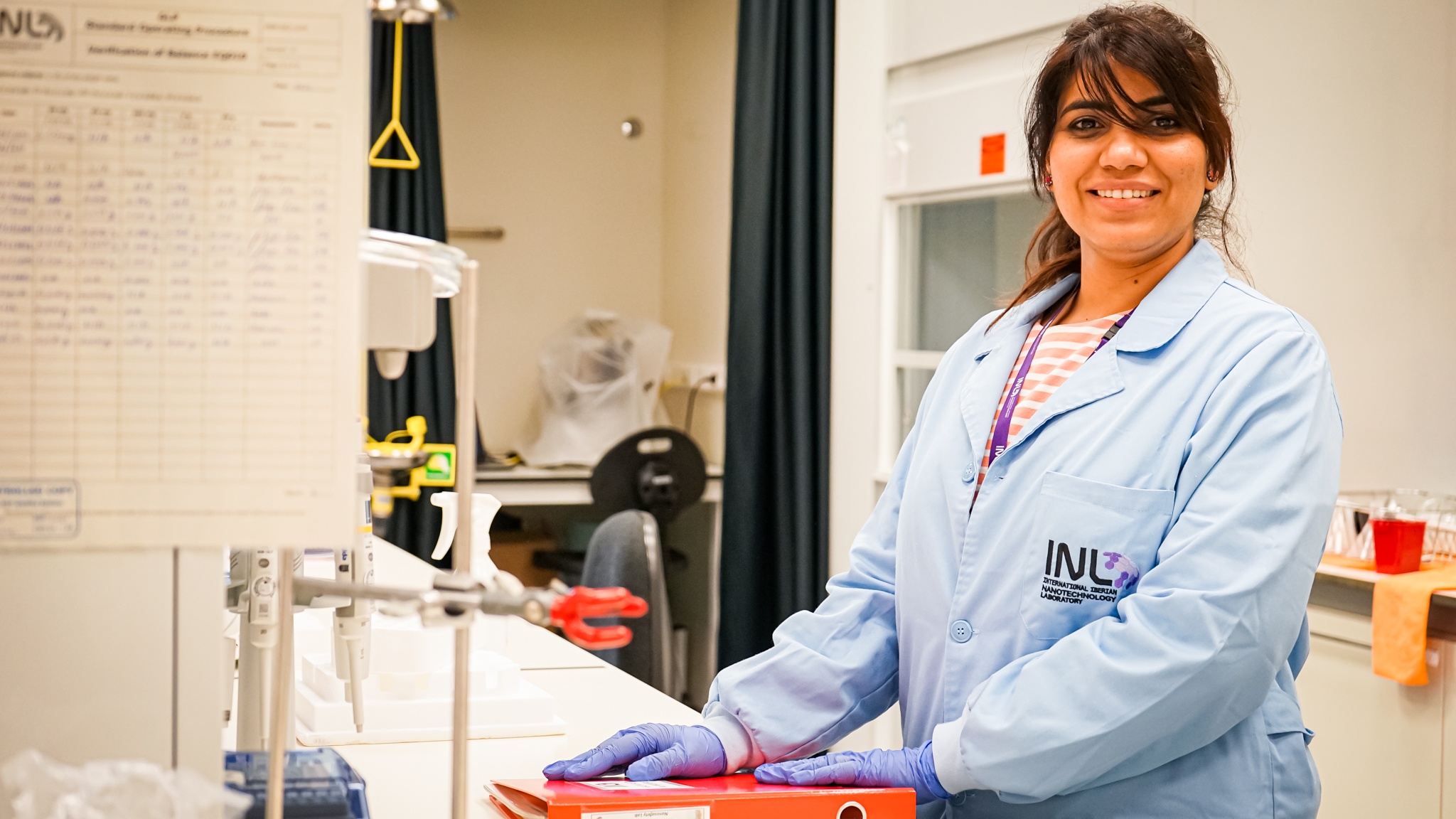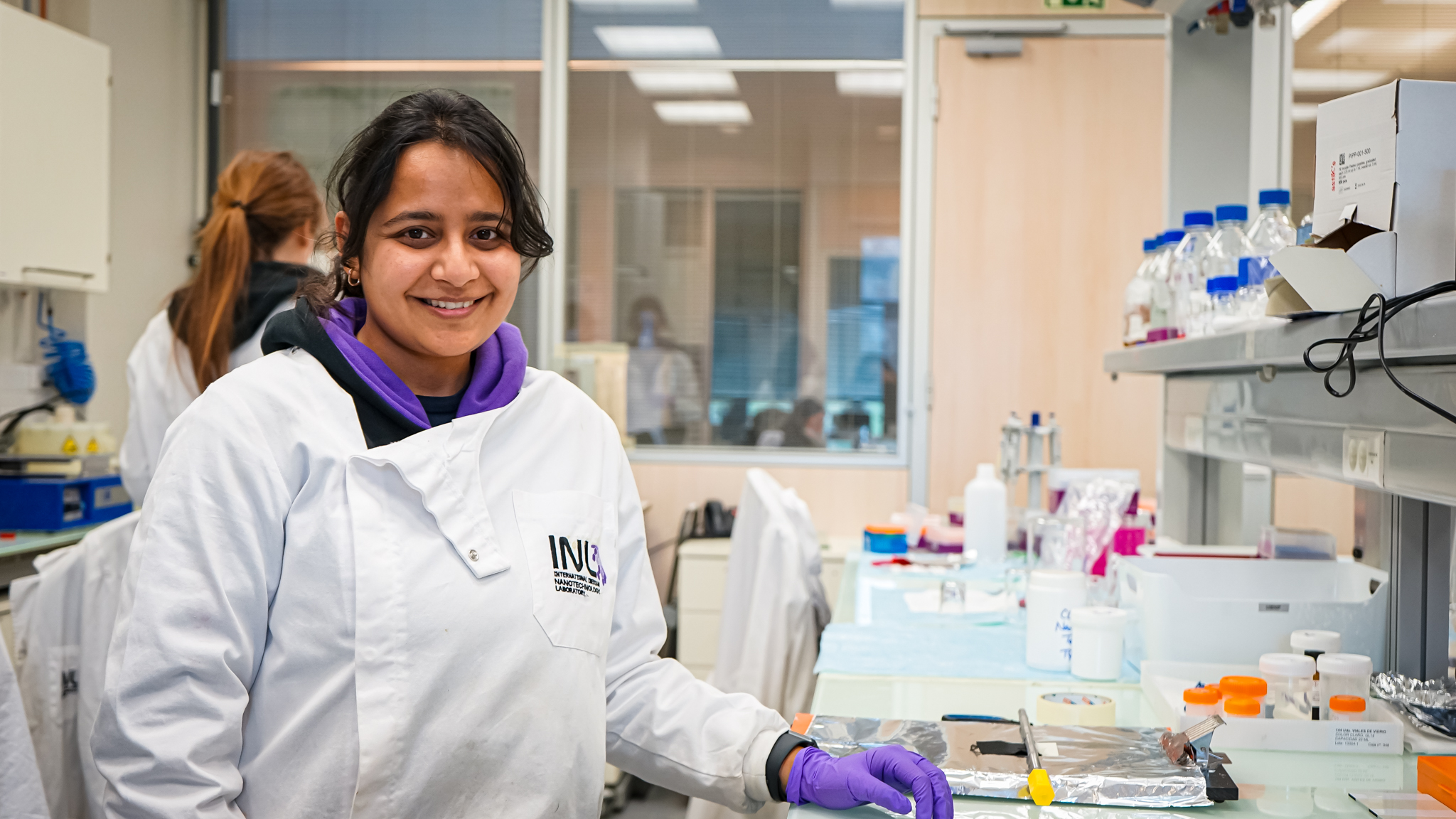
From Liverpool to INL, an interview with Alex Jenkins, Spintronics Staff Researcher
January 20, 2021
Alex Jenkins started as a Staff Researcher at INL in March 2016, focusing on the high-frequency characterization of magnetic tunnel junction based spin-torque oscillators in the Spintronics Research Group. He is in charge of the high-frequency measurement lab and is focused on the development of magnetic vortex-based oscillators for a range of applications, including frequency generators, detectors, energy harvesting and neuromorphic computing architectures.
Alex, please tell us a little about yourself. Where are you from, what is your research background and what inspired you to pursue a career in science?
I was born in Liverpool in the UK, famous for music and football, but as my singing shattered glass and I couldn’t score a goal even if my life depended on it, I guess that I was left with science as my best career choice. In reality, I can’t remember a time when I didn’t want to be involved in science and the purity of physics appealed to me. In life sciences it’s very difficult to form a decisive answer to a problem, rather it’s more of a statistical probability, but in physics, you can (mostly) find an absolute answer which always appealed to my rather binary mindset.
So aged 18, I moved to Leeds in the north of England to do my degree and PhD in physics. When I finished my PhD I was spending a lot of time with foreign PhDs and post-docs and I decided I would like to experience what it was like to live in a foreign country myself, so decided to move abroad to do a post-doc in Grenoble in France. Whilst my PhD had also been in spintronics, I was changing topic a bit so it took me a while to get used to working in magnetization dynamics. In Grenoble, I built up a lot of connections in the French magnetism community and moved to Paris for 3 years to do another post-doc in the same area, before finally moving to Braga to continue my work in magnetization dynamics at INL.
You are currently involved in three different FET Open Projects, can you tell us what you are working on?
In the modern era, one of the main technological challenges is an efficient and intelligent analysis of the increasing levels of data which is being generated, and this is increasingly done by artificial neural networks (ANNs) which take inspiration from the brain to recognize complicated patterns in data. These ANNs are most often performed using software on existing conventional computers which are poorly suited to the task as they are designed fundamentally differently from the brain. In the FET projects, recently awarded to INL and its collaborators, we are trying to design a hardware-based approach to neural networks, allowing us to exploit these networks to their full potential. In these projects, we will fabricate individual nano-devices which can replicate the behaviour of neurons and synapses, and then connect these devices in large networks in order to characterize and benchmark their performance at recognizing complicated patterns within real-world data.
Describe your experience in being involved in European projects and which elements you think decisive in you being successful in these applications?
Well, first I must say that the projects were a collaborative effort within INL, especially Tim Böhnert and Ricardo Ferreira from Spintronics Research Group, and of course assisted by BSR and Administration. I think it is important to note that they were all resubmissions, and in fact were all originally submitted to an ICT Call before being reformatted for a FET-Open project. We were very lucky to be part of good consortia, two of the projects are with a former Lab from France I’ve worked for, so I guess that shows you the advantage of making connections. Also, I guess it’s interesting to note that one of the FET’s is a FET proactive, which I think shows the importance of lobbying at a European level because if you can get to include a keyword here or there in the project description it can make all the difference. Obviously, there is a limit as to what a single researcher or institution can achieve individually but if a certain amount of buzz is generated on a topic it can’t hurt. After that, it’s all down to luck.
As a researcher, which goals and ambitions do you have for your future career?
For months I have been planting the seeds for a silent revolution and to overthrow my boss and take his job, but don’t let him know that! Honestly, I feel remarkably privileged to have my position at INL, especially with the world being turned upside down at the moment. Being a researcher is all I ever wanted to be, and it is a really challenging career path, with a lot of uncertainty. I know a lot of people who I would consider more naturally gifted than I give up on research simply due to bad timing, bad luck or bad relationships. At the end of the day, I just want to keep meeting my KPIs and exploring new and interesting research topics, which is why I am happy we have the chance to do exactly that with these recently awarded FET projects to really explore spintronic neuromorphic and see where that can take us.
